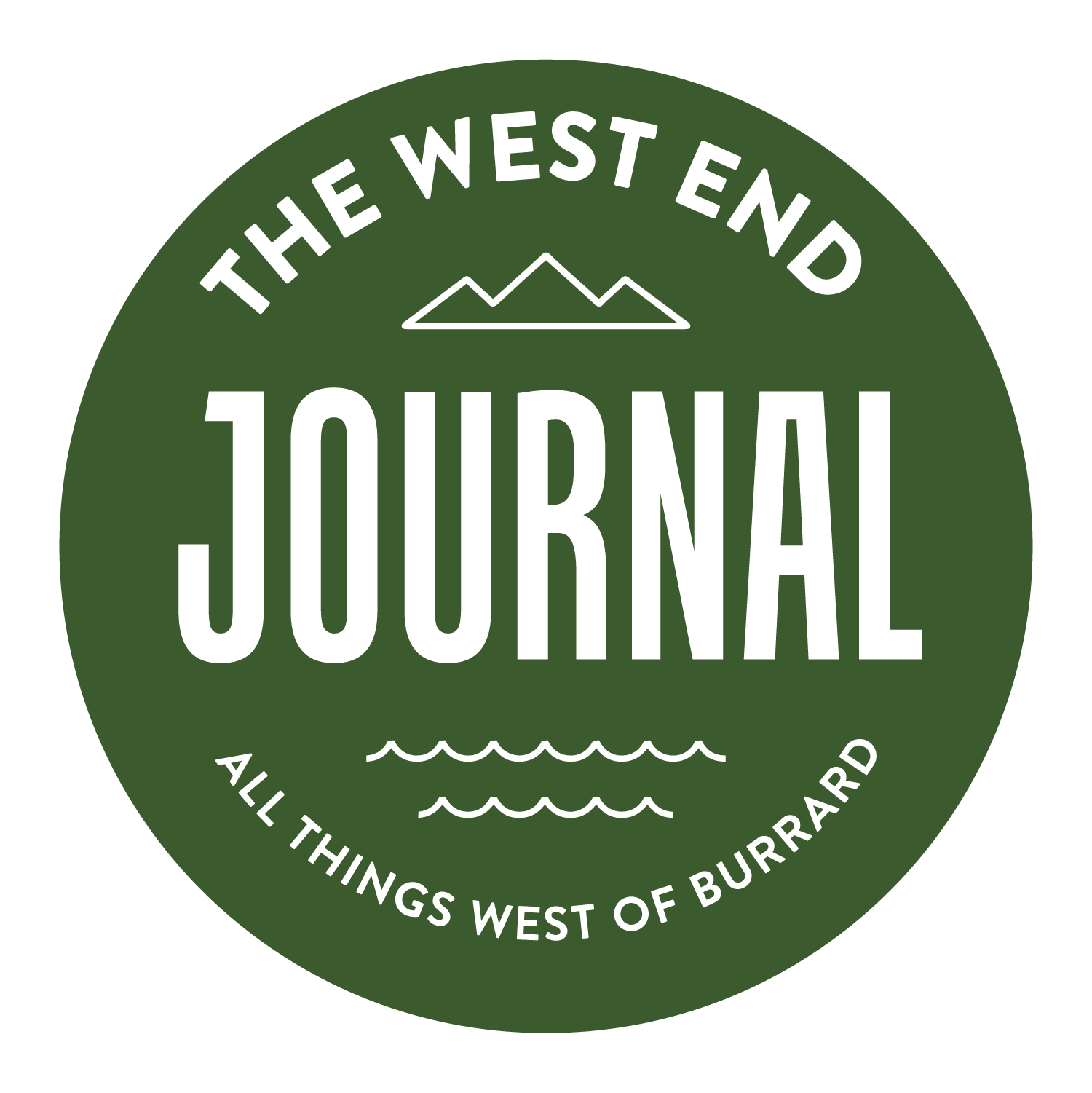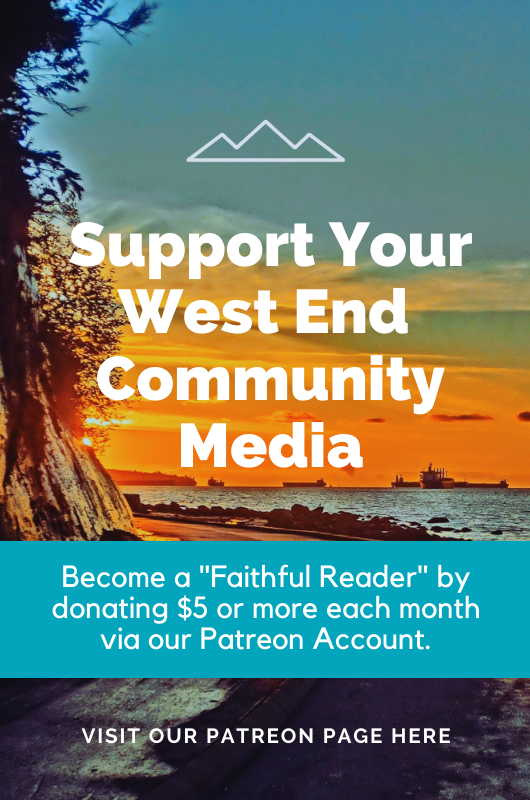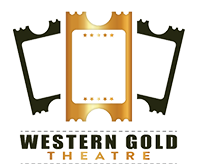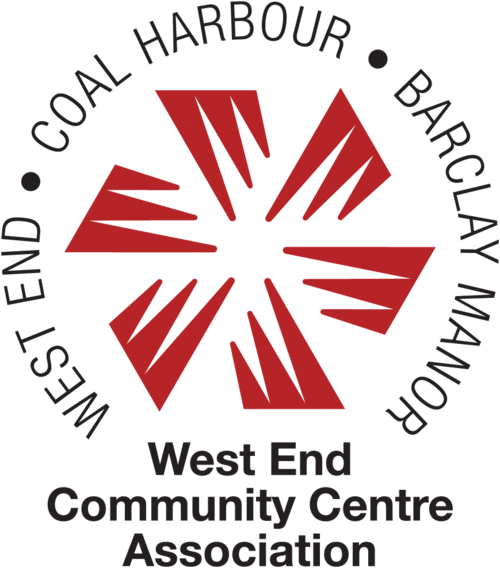WEST END VOICES
/AMBIGUITY AND POWER AT THE PARK BOARD
What Does First Nations “Co-Management” Mean?
Gordon Price
By Gordon Price
This article originally appeared on January 7 in “Viewpoint Vancouver”
In politics especially, when a word or phrase is used ambiguously, there are likely some ill-defined assumptions going along for the ride. Watch out: lack of clarity is a danger signal.
Today’s ambiguous word is ‘co-management.’ Here it is in a sentence – the one Park Board Commissioner Mackinnon moved in a motion for the board to consider:
(Staff is directed) to define and develop an implementation plan with Musqueam, Squamish, and Tseil-Waututh Nations for co-management of parklands within their traditional territories that are currently under Park Board jurisdiction ….
What does co-management mean?
Khelsilem, the Squamish Nation council chairperson, provided his definition in a recent tweet:
Co-management encompasses a spectrum of power-sharing arrangements. It usually refers to agreements between government agencies and representatives of Indigenous Peoples to jointly make land use and resource management decisions about areas of government-controlled land.
He believes the Park Board motion is “an exciting and worthwhile proposal … that could be a step along the path to full indigenous jurisdiction.”
That’s ultimately the power to make legal decisions determining the use and development of the parklands of Vancouver – a reversal of the current situation in which the elected Park Board governs and consults with First Nations. Under co-management and eventually “full indigenous jurisdiction”, First Nations would govern and the Parks Board would render opinion – or perhaps a contesting legal decision.
Or perhaps not. It’s ambiguous.
If “co-management” is essentially a relationship where the First Nations have an integrated advisory role in the operations of the board, but something less than a veto, then that currently exists. (There are three dedicated staff for the purpose). But final decision-making rests with the Park Board commissioners, who, even if they wanted to give it away, could not do so.
The Park Board has elected commissioners accountable to the citizenry who elected them. That might not be the case with indigenous co-managers. Under full indigenous jurisdiction, does taxation remain, but not representation? Critically, that ambiguity is about democratic accountability. If there isn’t any, then it’s not governing; it’s ruling.
Mackinnon and the progressive wing of the board have been effective at using their modest jurisdiction and powers to push the boundaries of social and political change, often with awkward consequences for senior governments that then have to take over whether they like it or not. When homeless camps are allowed full time in parks. When coyotes are kept in Stanley Park and people kept out. Ultimately it was the Province that moved in to resolve those issues that threatened public health, safety, and trust, even though it was the inactions of the Park Board that created the instability. So here we go again.
With co-management, it will be fun times for progressive politics: Do names of parks get changed, statues removed (like Lord Stanley) and an agenda of decolonization play out on playing fields?
Justice may be done – but then attention will turn to some obvious conflicts of interest. If the Squamish had jurisdiction over Vanier Park, the site of their original reserve and adjacent to their Senakw project, how are the decisions they make presumably for the public good distinguishable from those that affect the value of their real estate – like the proposed access road through the park? Or are they there to justifiably maximize the interests of their nation? If there’s no electoral accountability, would it even matter?
So far governments have tried to navigate the ambiguity around indigenous title and rights without conceding, even when acknowledging unceded lands, that the meaning and expectations of Canadian citizenry are being negotiated as well. Like who determines the use of the parks. Or the planning of the city. Or the ownership of the land.
With one well-intended motion, meant to pass quietly, the Park Board could unleash some full-throated pushback – and more dilemmas for senior governments. Things could turn contentious during a civic election. And what constitutes the very idea of reconciliation itself may become … ambiguous.
FOOTNOTE:
Commissioner Mackinnon’s motion passed, at the January 24 meeting, with an amendment to replace the words “define and develop an implementation plan” with “explore opportunities with …”.
Click on the report to the right here to enlarge and read the full motion.
______________________________________________
Gordon Price, a longtime West End resident, is a Fellow with the SFU Centre for Dialogue and was director of the City Program at Simon Fraser University until 2016. In 2002, he finished his sixth term as a City Councillor in Vancouver, BC. He also served on the Board of the Greater Vancouver Regional District (Metro Vancouver) and was appointed to the first board of the Greater Vancouver Transportation Authority (TransLink) in 1999.
The opinions expressed in “West End Voices” are those of the authors. If you would like to contribute a column please contact editor@thewestendjournal.ca.









